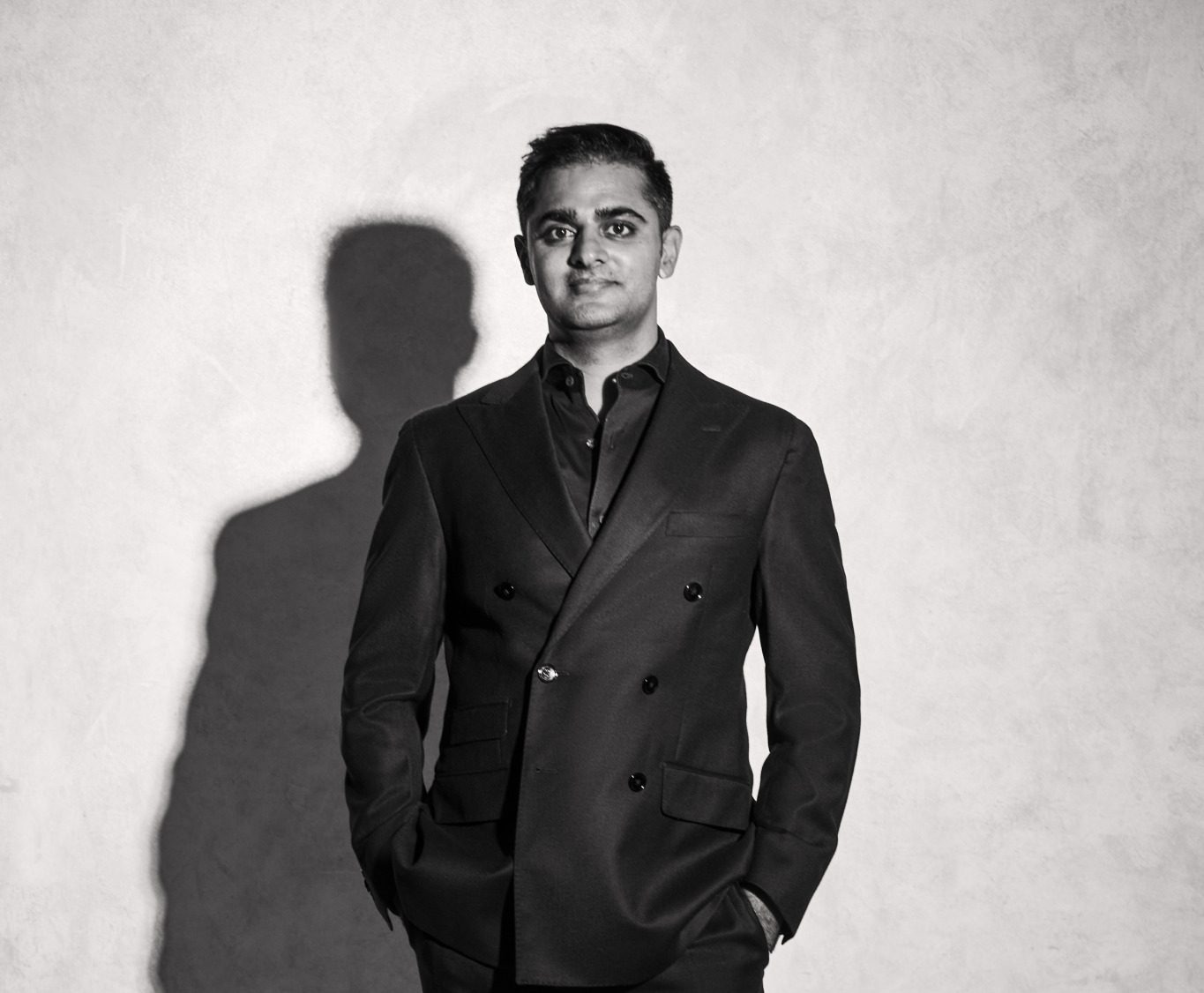
Ameerh Naran, CEO of Vimana Private Jets, has built a successful career in private aviation going over and above his high-net-worth clients’ expectations, but for his next venture, Naran Automotive, he returns to his original passion for supercars.
When one of the most high-profile reality TV families needed to depart Mykonos, Greece, at 4.a.m.
